How to Hold Effective Classroom Discussions
Waterford
NOVEMBER 3, 2020
Classroom discussions can be one of the best ways to boost student engagement. As students discuss their perspectives with each other, they’ll not only solidify their understanding of a topic—they may learn to see it in a new light, too. Additionally, whole classroom discussions engage students better than teacher-led lectures.[4]


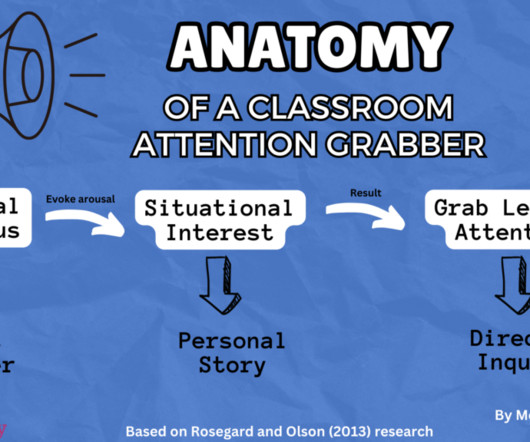

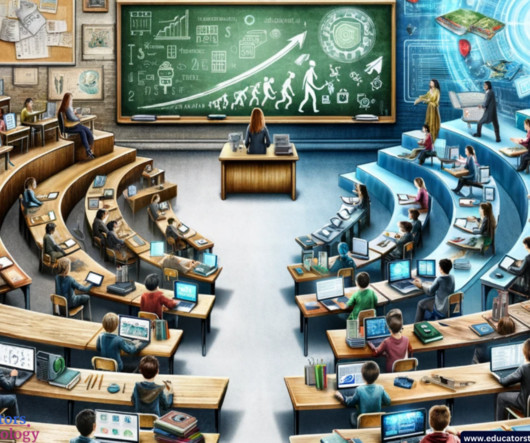


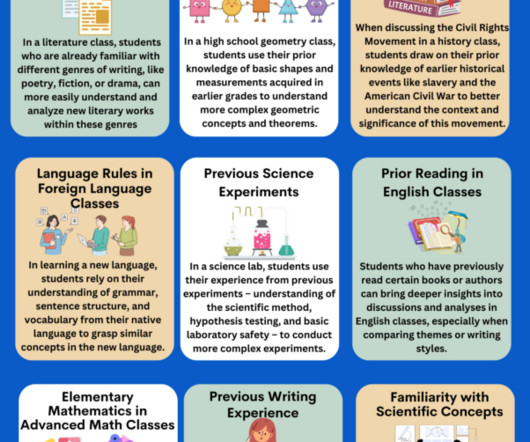
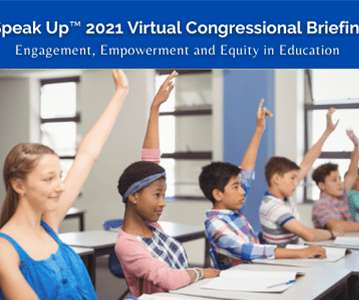




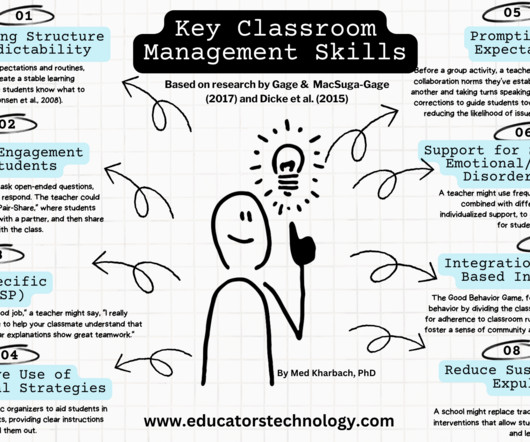


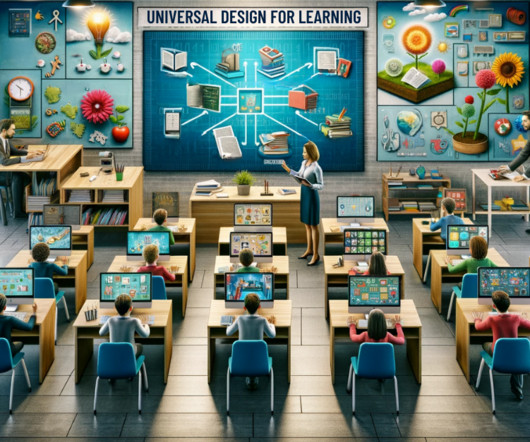
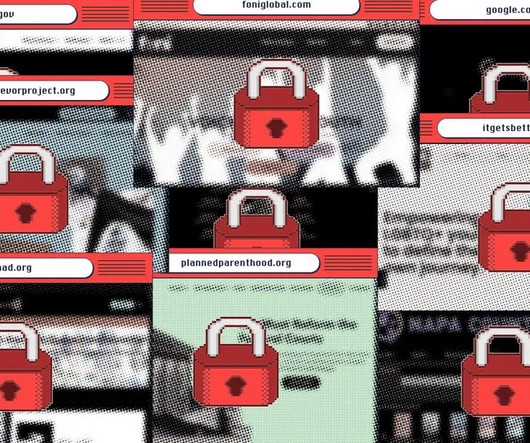











Let's personalize your content